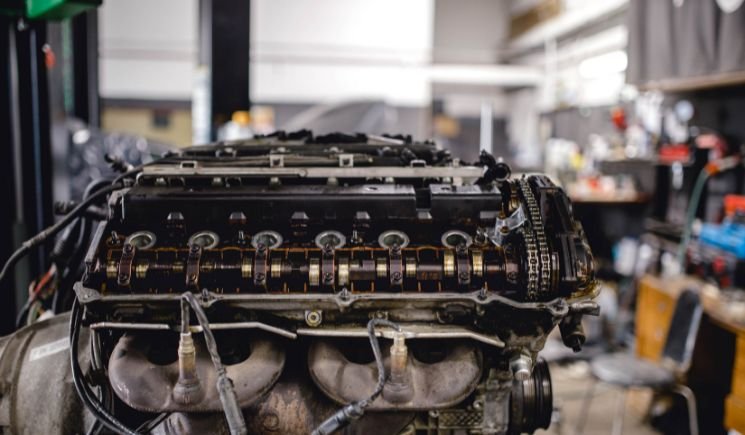Engine misfires or rough idling coupled with an oil leak near the valve cover may lead you to suspect whether a worn valve cover gasket is the main reason to consider about. But can a leaking valve cover gasket be the direct root cause of a cylinder misfiring?
In this article, we’ll answer whether valve cover leaks cause engine misfires and explain the relationship between the two problems. We’ll also discuss the warning signs of faulty valve cover gaskets that require repair and, when ignoring leaks, could create additional issues down the road.
Identifying the real culprit behind engine misfires and promptly addressing valve cover oil leaks provides the most effective and efficient diagnosis and repair. So let’s explore the connection between valve cover gaskets, oil leaks, and engine misfires.
Simple Answer Along With Reasons
- A leaking valve cover gasket is most possibly can lead to conditions that promote misfires if left unattended over time. But generally, a valve cover gasket leak does not directly cause immediate engine misfiring as the root cause.
- Since a valve cover gasket seals and contains oil around the cylinder head away from the combustion chambers and spark plugs, a leak does not directly impact or alter spark-firing events within the cylinder.
- However, prolonged external leaks can promote contamination of ignition components like spark plug wires and ignition coils mounted on the valve cover from dirt or moisture ingress. This contamination buildup over time and then leads to secondary ignition problems like misfires.
- In addition, if oil leaks are significant enough to substantially lower engine oil levels, insufficient lubrication can contribute to misfires. But again, low oil is a secondary effect compared to the valve cover leaks.
Potential Solutions For Diagnosing And Fixing An Engine Misfire
- Retrieve any misfire-related DTCs pointing to specific cylinders affected.
- Remove and examine spark plugs from misfiring cylinders for fouling, oil contamination, and worn electrodes, which indicates any replacements.
- Inspect ignition wires for cracked insulation, corrosion, and loose connections that disrupt spark delivery.
- Use a multimeter to check the ignition coil’s primary and secondary resistance and ensure that they are within the specifications.
- Make sure to use a diagnostic scanner to verify injector operation or visually check for leaks that indicates any stuck conditions.
- Use a compression tester on cylinders to verify even compression takes place onboard. Because, low compression can indicate worn piston rings or leaking valves.
- Listen or use the smoke machine to identify any vacuum leaks causing unmetered air or incorrect fuel trim.
- The clogged air filter can cause insufficient air intake; therefore, replacing the filter is necessary if it is dirty or restricts the airflow.
Frequently Asked Questions About Can Valve Cover Gasket Cause Misfire
Q: What are the signs to identify that my valve cover gasket needs replacements?
A: Visible oil leakage near the valve cover, burning oil smell from exhaust, low oil levels, and spark plug fouling are indicators of bad valve cover gaskets.
Q: Should the valve cover gasket get replaced if an oil leak is present?
A: Yes, leaking valve covers should get replaced promptly to prevent oil loss and potential engine damage, even if it is unrelated to current misfires.
Q: Will changing the valve cover gasket fix misfires if present?
A: Not necessarily – other failed ignition components like plugs or wires must be tested as well. Because the likely root cause of misfires can be the main issue with the plugs or wires.
Q: Can a valve cover leak damage the engine in the long run?
A: Yes, prolonged oil leaks allow debris in and loss of oil. Which can lead to accelerated wear and even engine failure over time.Can Valve Cover Gasket Cause Misfire: Simple Answer With Reasons

